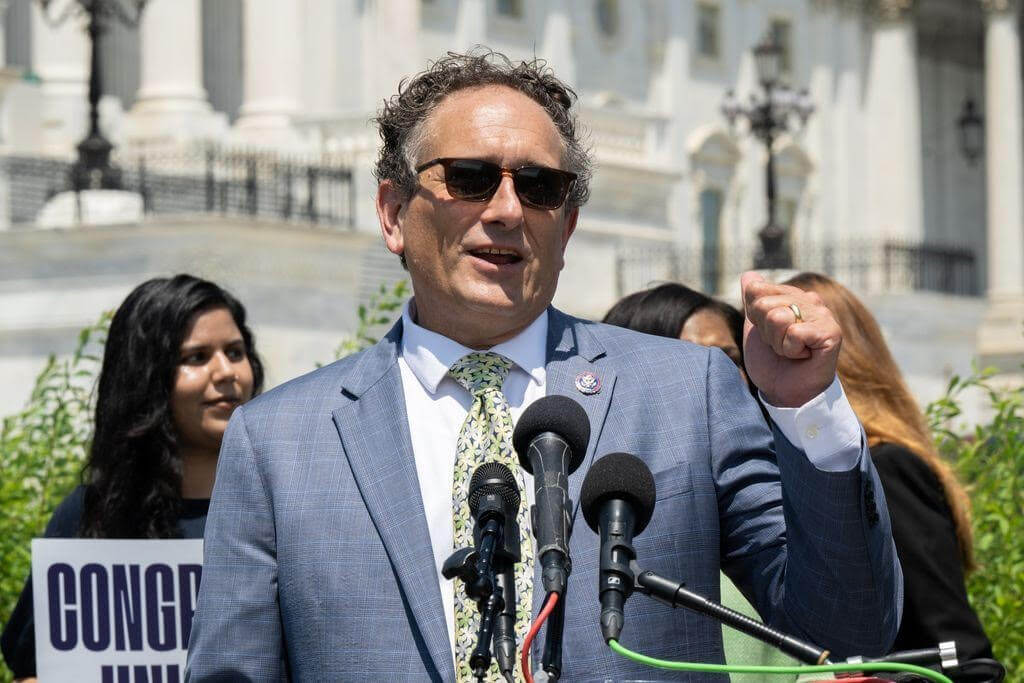A slim hope for an end to mass street violence and the complete collapse of society in Haiti appear with signs that the recently established Transitional Presidential Council has been functioning.
After resolving the majority of internal conflicts and publishing the initial shared positions, a sort of transitional government was established with the assurance that Haiti would "put itself back on the path of democratic legitimacy, stability, and dignity" until institutions with full capability were established.
The 9-member Council was formed based on a recent plan adopted by the Caribbean countries within their CARICOM community, with the participation of the US, Canada, and France.
Over the past month, their pressure has softened the initial resistance of several of Haiti's well-known political figures. It forced them to cooperate with the body expected to produce a government, and begin to repair mass violence and general decay in the country.
The temporary structure, which contains representatives of NGO’s and religious communities in addition to political leaders, is still fragile, so its work will continue to be fraught with risks, even for the personal safety of its members.
One of the members of the Transition Council, UNESCO Ambassador Dominique Dupuy, left the council at the end of March because she was exposed to political attacks and death threats.
Even though a replacement was soon found and the Council was able to function, the Council will be exposed to similar attacks on its members and undoubtedly there will be influence on its decisions as long as it exists.
The least bad option
Haiti does not have a better choice to escape the crisis given its current situation, where it lacks any legitimate institutions and has a fully broken society.
The work of the Council will continue to be burdened by the internal conflicts of political leaders, who have been struggling for more than a decade in an extremely undemocratic environment accustomed to general corruption and omnipresent violence.
However, pressure from interested neighbours in the Caribbean region and large external factors, particularly the US, remain the only hope that some sort of institution will start working.
The resignation and transfer of authority by Prime Minister Ariel Henry would be a significant step towards strengthening authority of the Council
After the first joint announcement of the Transitional Council as the initial proof that it has been put into operation, the resignation and transfer of authority by Prime Minister Ariel Henry would be a significant step towards strengthening authority.
Even though he had the support of the US after the assassination of Haitian President Jovenel Moïse in 2021, PM Henry remained, to this day, the embodiment of the institutional vacuum in the country, and the inability to restore legitimacy to the highest authorities through democratic elections.
The country's disarray culminated in the general violence that broke out in the streets on February 29. The UN estimates that 8,500 individuals were killed, injured, or abducted in just the past year.
The rampage of gangs since the beginning of the year has been accompanied by mass murders, kidnappings, rapes, and the release of 4,000 prisoners.
The door opens for the arrival of the UN mission
The security situation will therefore be a priority concern for the transitional council. It should serve as a way out of the vicious circle that has been blocking the arrival of international forces, which would bring order to the streets of Haiti.
Kenya previously agreed to lead a UN-approved mission with its 1,000 police officers but has temporarily halted it due to internal legal restrictions, which required the deployment of forces only after a call from Haiti's legitimate authorities, which were absent.
One of the Coucil's first duties might be to formally invite the UN to dispatch a mission to establish and maintain order
The Transitional Presidential Council could be the legitimate representative of Haiti, and one of its first duties might be to formally invite the UN to dispatch a mission to establish and maintain order.
At the same time, the Council would have to work intensively on preparing the conditions for democratic elections, which would end the era of temporary and insufficiently legitimate institutions.
Exiting the error-ridden period
This is no easy task because Haiti has practically never recovered from the consequences of the devastating earthquake in 2010, when more than 200,000 people died and 1.5 million of the 11 million Haitians were left without their homes.
In addition to the fact that the reconstruction of the country was never completed, the post-earthquake period brought a series of crisis events, frequent changes in power sets, general social instability, lawlessness, and finally an explosion of extreme violence.
 The United States has not actually supported the development of the kind of popular democracy in Haiti that we demand - Andy Levin
The United States has not actually supported the development of the kind of popular democracy in Haiti that we demand - Andy Levin
"The United States has not actually supported the development of the kind of popular democracy in Haiti that we demand - but don't always achieve - for ourselves”, said Andy Levin, former US Representative, member of the Foreign Affairs Committee, and founder of the Haiti Caucus in the House.
The work of the Transitional Council therefore appears to be the last chance to avoid what Mr Levin calls "the collapse of US Haiti policy.".
Even more than an opportunity to correct the previous sterile policies of foreign factors, the transition led by the Council is probably the last chance for the people of Haiti to get out of the nightmare of lawlessness and violence and move towards the constitution of democratic institutions from scratch.